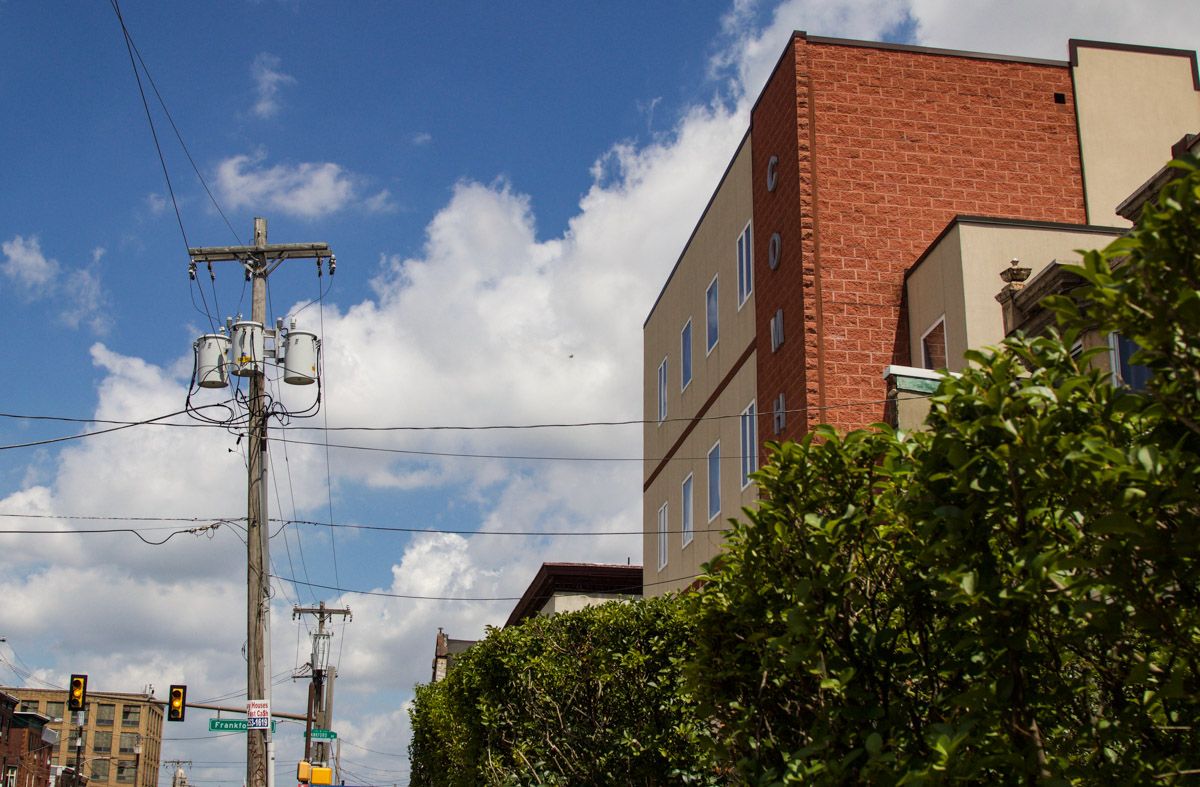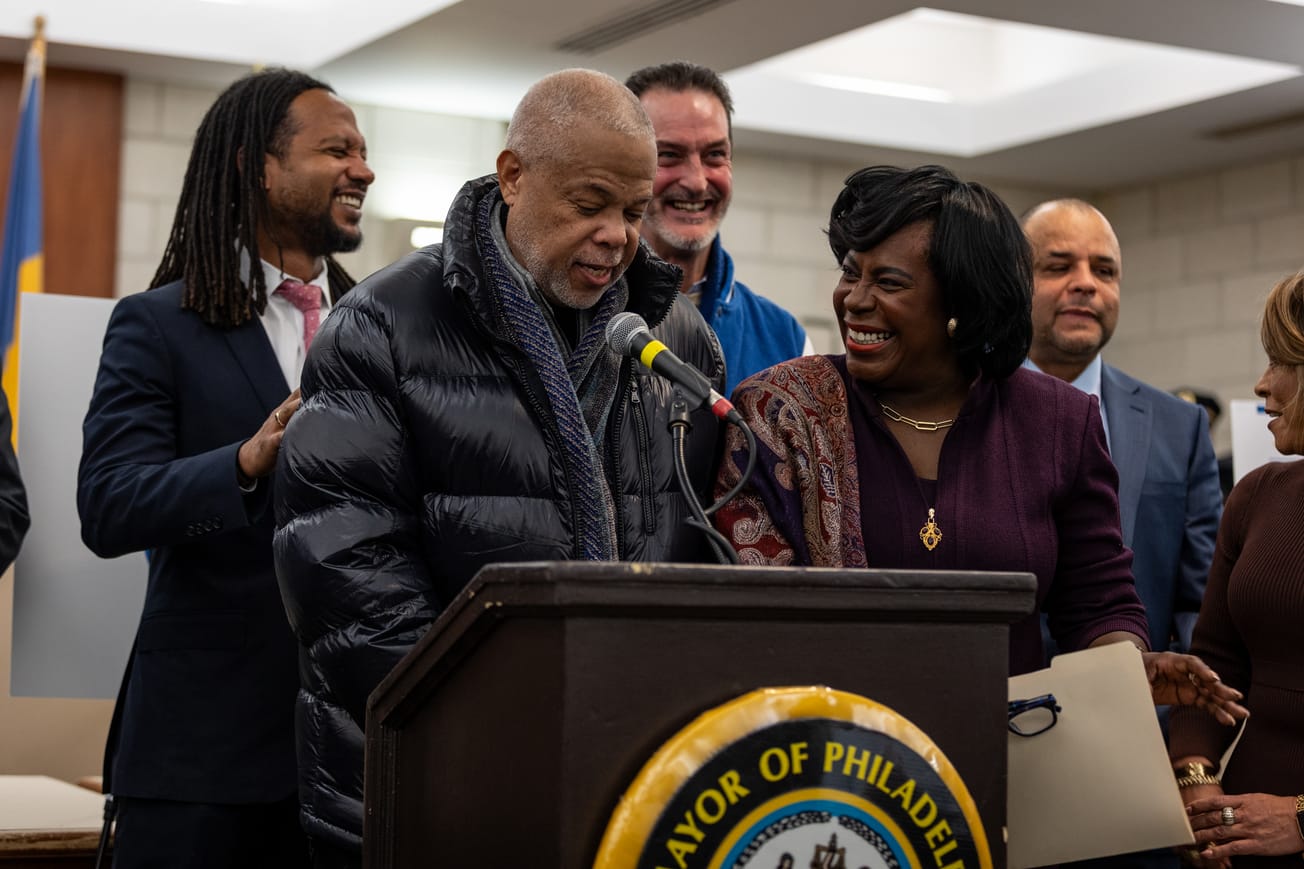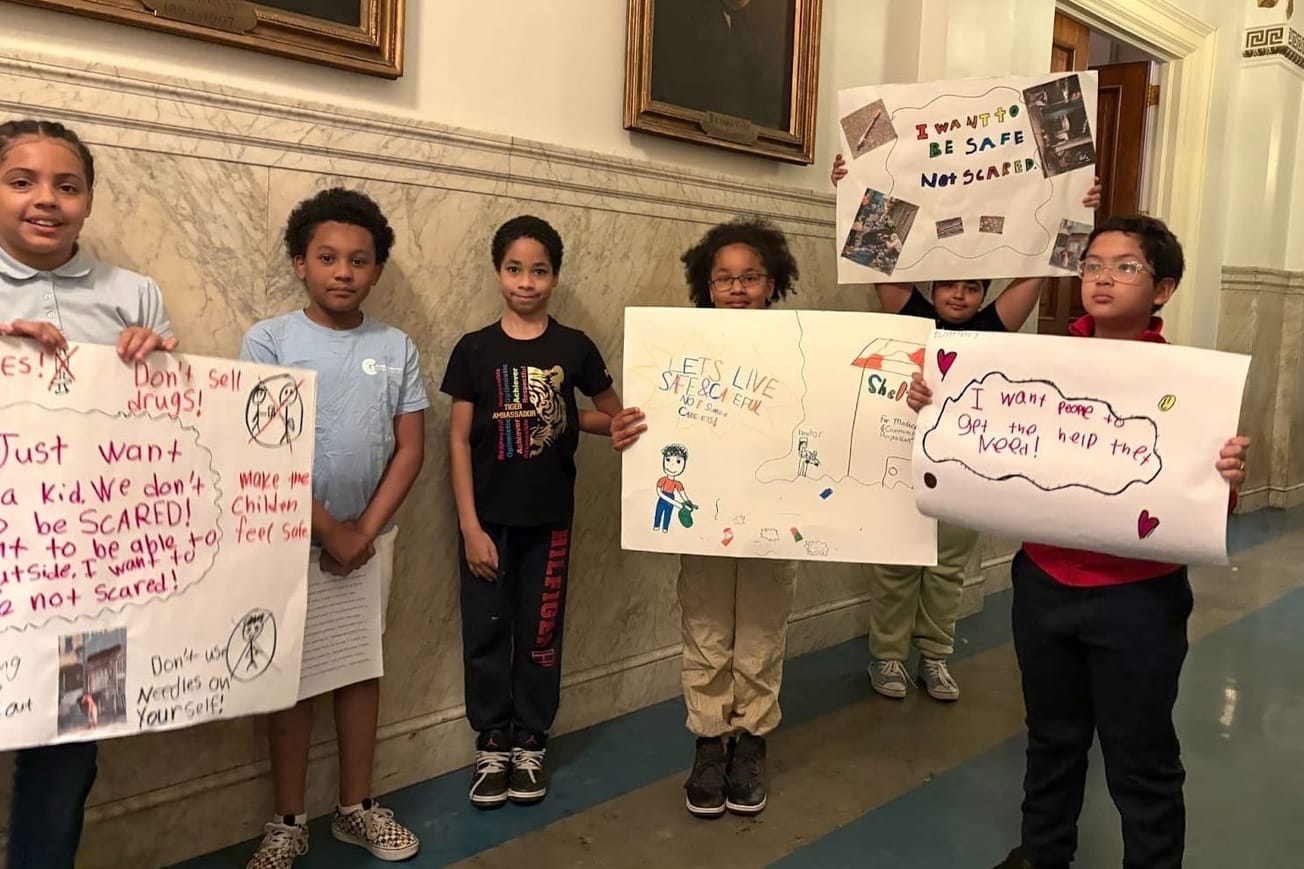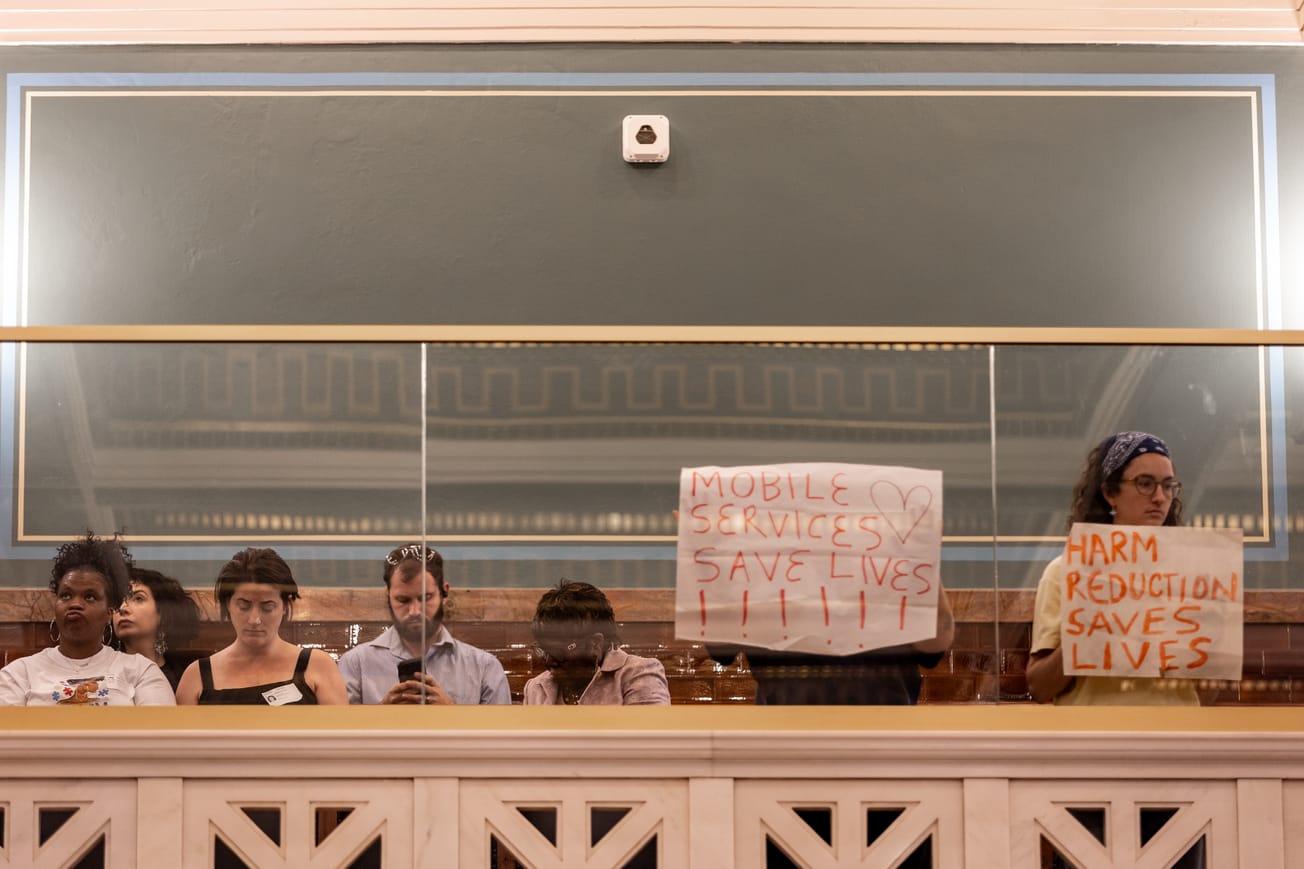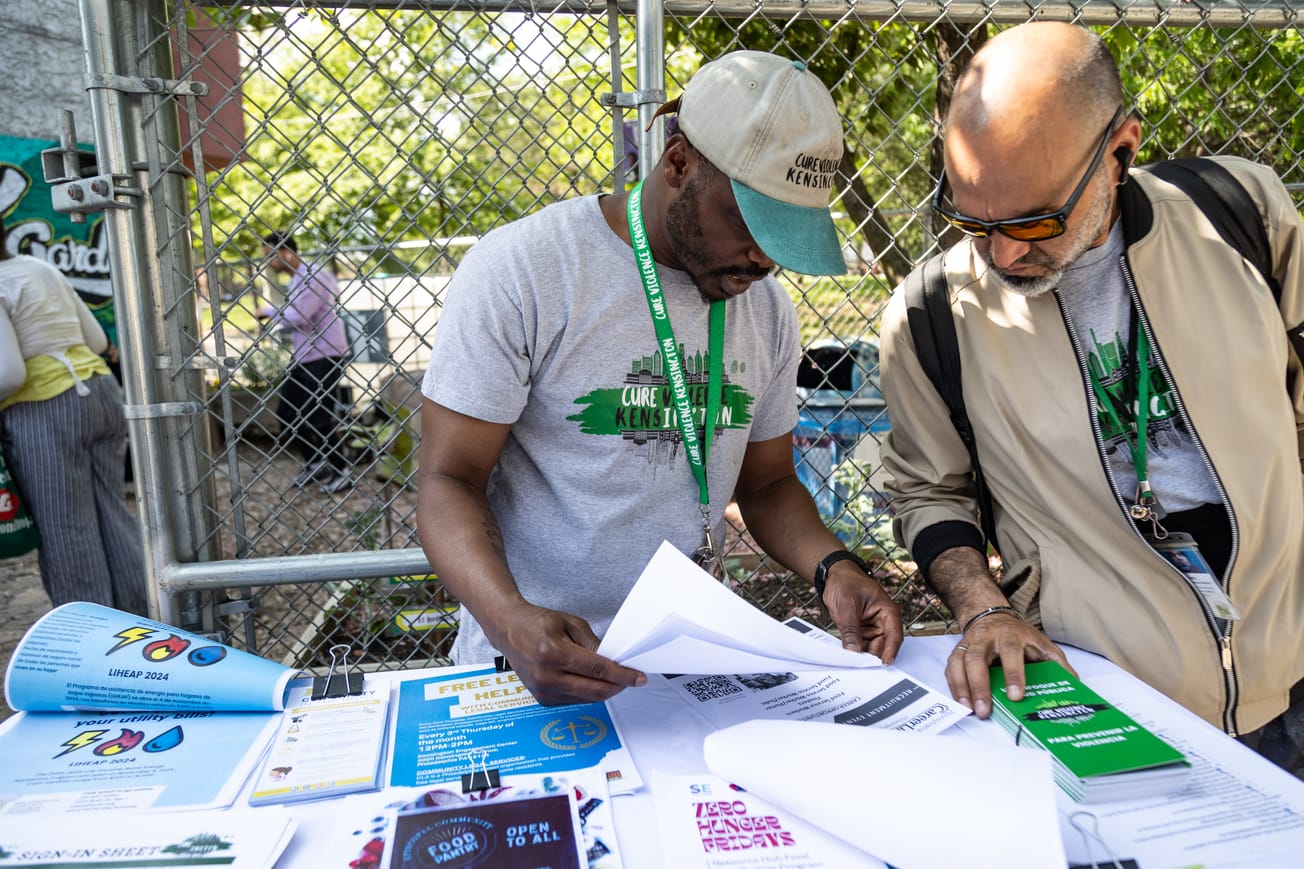When Kensington resident Verlonda Bagnall heard that the Pennsylvania Department of Human Services (DHS) extended the LIHEAP utility cost assistance program for people affected by the coronavirus pandemic, she was very pleased.
Bagnall, who is a PECO customer, has been a recipient of the Low-Income Home Energy Assistance Program (LIHEAP) for over 10 years. LIHEAP is a federal grant program managed by each state that helps low-income residents with their energy bills.
“This is a very important program for the simple fact that a lot of people in the community, especially right now, do not have an income and electricity can be very high,” Bagnall said.

To help customers affected by the coronavirus pandemic, PECO suspended new late payment fees and service disconnections in March until further notice and began restoring service to disconnected households.
In May, Gov. Tom Wolf’s administration opened applications for the state’s LIHEAP Recovery Crisis Program. With a little more than a month left to apply to the crisis funds, PECO is continuing to provide customers with information about the state’s LIHEAP Recovery Crisis Program and other PECO assistance programs.
The LIHEAP Recovery Crisis Program is funded through the federal Coronavirus Aid, Relief, and Economic Security (CARES) Act. In March, $34.9 million in Low-Income Home Energy Assistance Program (LIHEAP) funds were provided to Pennsylvania, and DHS used those funds and remaining funds from the October 2019 to April 2020 LIHEAP application season to fund a new period of the Recovery Crisis Program.
According to DHS, households may be eligible for a maximum benefit of $800 through the LIHEAP Recovery Crisis Program, including those that were eligible in the past for the program’s usual maximum benefit of $600.
Households that received LIHEAP Recovery Crisis Program funds during the 2019-2020 application season will automatically receive a one-time $100 payment. Households that are eligible for this payment will be notified by mail; there’s no need to reapply.
A needed resource for low-income communities

Mayra Claudio, a Kensington resident, has received funds from LIHEAP on multiple occasions and it has helped her make ends meet, she said.
“‘Till this day, they have never failed me, and anytime I have a problem they resolve it for me,” Claudio said. “To me, they’re perfect.”
Still, some people in the Kensington neighborhood found the LIHEAP Recovery Crisis Program difficult to access.
Jay, a Kensington resident who requested his last name be withheld from publication, was upset when he did not meet the criteria for the Recovery Crisis Program. He was temporarily eligible after losing his job, but when he returned to work, he was once again ineligible, he said.
“A lot of people really need this program… but [the program] should be a little more informative so people can understand how it works,” Jay added. “A lot of people get frustrated and give up on it.”

Who can apply: Homeowners and Renters
The LIHEAP Recovery Crisis Program can assist homeowners and renters, who were financially impacted by the coronavirus pandemic, with their heating bills. Households that have electric gas providers, such as PECO can also apply.
Under normal circumstances, a shut-off letter is required to confirm a crisis to electric or natural gas providers. However, during this time, DHS will accept a past due balance if the amount would result in a shut-off letter if the moratorium was not in effect.
Household Eligibility Requirements
- Applicants must be responsible for paying their primary or secondary heating source
- Applicants must have a total household income at or below 150% of the Federal Poverty Income Guidelines
- Applicants must have their main or secondary energy source completely shut off
- Applicants must have a past due bill of at least $75
- Applicants must submit past due balances as proof of eligibility
- Applicants must have their utility company confirm that their account balance would result in a termination if the statewide moratorium on suspending service disconnections was not in place
Income Limits
Depending on the size of your household, your total income must fall within a certain limit to qualify for the program. For instance, a household of one person can earn no more than $18,735 a year and no more than $1,591 a month.
You can view the program’s household income limits by looking at a table on PECO’s website, here.
Social Security number
Although the application asks for a social security number, providing this is optional and not required.
How to apply
The program is accepting applications until Aug. 31, 2020, or until funds run out. Applications are accepted on COMPASS, the state’s online application tool, or by mail.
To mail in your application, you can download and print a copy in English or Spanish. You may also request a mail-in application by calling 1-877-395-8930. Applications should be mailed to your local County Assistance Office (CAO), which you can find here.
Once you submit your application, DHS will determine if you are eligible for assistance. If eligible, a one-time payment will be sent to the company you owe and you will be notified of the payment by mail.
For more information, call PECO’s LIHEAP hotline at 1-800-344-3574.
Do you have any questions about this program? Are there other programs that you would like us to report on? Send us an email at editors@kensingtonvoice.com.
For more resources and information on navigating the coronavirus pandemic in your community, visit our COVID-19: North Philly’s guide to navigating the impact of coronavirus.
Editors: Claire Wolters, Zari Tarazona / Designer: Henry Savage
Kensington Voice is one of more than 20 news organizations producing Broke in Philly, a collaborative reporting project on economic mobility. Read more at brokeinphilly.org or follow on Twitter at @BrokeInPhilly.

